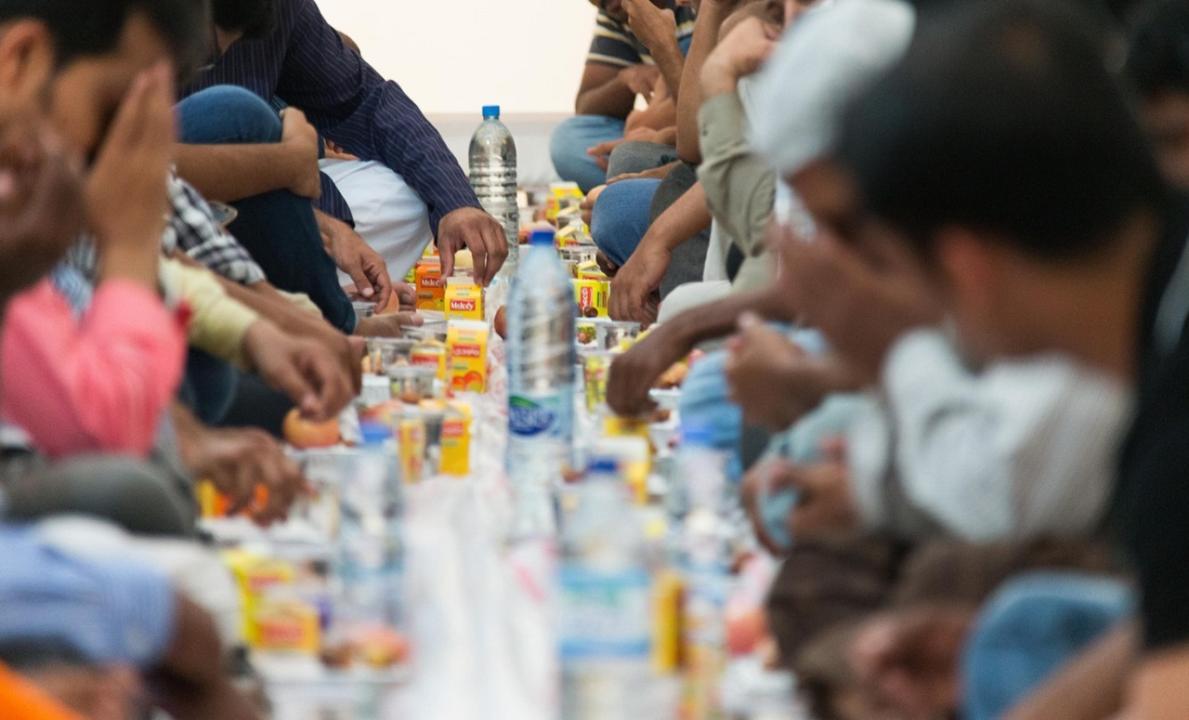Fasting during Ramadan is a form of obedience and submission to Allah's commandments

Pic/Pixabay
Fasting during the holy month of Ramadan holds profound significance in the Islamic faith, serving as one of the Five Pillars of Islam. This pillar, known as Sawm, exemplifies the spiritual discipline and devotion of Muslims worldwide. Here, we delve into the reasons behind why fasting during Ramadan is considered integral to the practice of Islam.
Ramadan 2024: Submission to Allah (God)
Fasting during Ramadan is a form of obedience and submission to Allah's commandments. The Quran, the holy book of Islam, states: "O you who have believed, decreed upon you is fasting as it was decreed upon those before you that you may become righteous" (Surah Al-Baqarah 2:183). By voluntarily abstaining from food, drink, and other physical needs from dawn until sunset, Muslims demonstrate their commitment to Allah and their readiness to fulfill His commands.
Ramadan 2024: Self-discipline and Self-control
Fasting cultivates self-discipline and self-control. During Ramadan, Muslims refrain not only from food and drink but also from negative behaviors such as gossiping, lying, and anger. By practicing restraint, Muslims strive to purify their souls and develop qualities of patience, empathy, and mindfulness. This discipline extends beyond the month of Ramadan, shaping a believer's character and conduct throughout the year.
Ramadan 2024: Spiritual Reflection and Renewal
Ramadan provides an opportunity for spiritual reflection and renewal. Muslims dedicate more time to prayer, recitation of the Quran, and acts of charity during this month. By distancing themselves from worldly distractions, fasting enables believers to focus on their relationship with Allah, seek forgiveness for past transgressions, and strengthen their connection to the divine. The heightened spirituality experienced during Ramadan fosters personal growth and a deeper understanding of one's faith.
Ramadan 2024: Unity and Solidarity
Fasting fosters a sense of unity and solidarity among Muslims worldwide. Regardless of geographical location or socioeconomic status, Muslims observe the fast during Ramadan, emphasizing the equality and brotherhood inherent in Islam. The communal aspect of breaking the fast (Iftar) with family, friends, and members of the community reinforces bonds of kinship and fosters a spirit of compassion and generosity towards others, especially those less fortunate.
Ramadan 2024: Gratitude and Empathy
Through fasting, Muslims develop a heightened sense of gratitude for the blessings bestowed upon them. By experiencing hunger and thirst firsthand, believers gain empathy for the less fortunate and develop a deeper understanding of the struggles faced by marginalized communities. This awareness inspires acts of charity and compassion, as Muslims are encouraged to share their blessings with those in need, exemplifying the principles of social justice and altruism taught by Islam.
In conclusion, fasting during Ramadan is considered one of the Five Pillars of Islam due to its multifaceted significance in the life of a Muslim. Beyond the physical act of abstaining from food and drink, fasting embodies spiritual devotion, self-discipline, communal solidarity, and compassion. It serves as a transformative experience that strengthens the individual's relationship with Allah and reinforces the bonds of brotherhood within the global Muslim community.
 Subscribe today by clicking the link and stay updated with the latest news!" Click here!
Subscribe today by clicking the link and stay updated with the latest news!" Click here!








